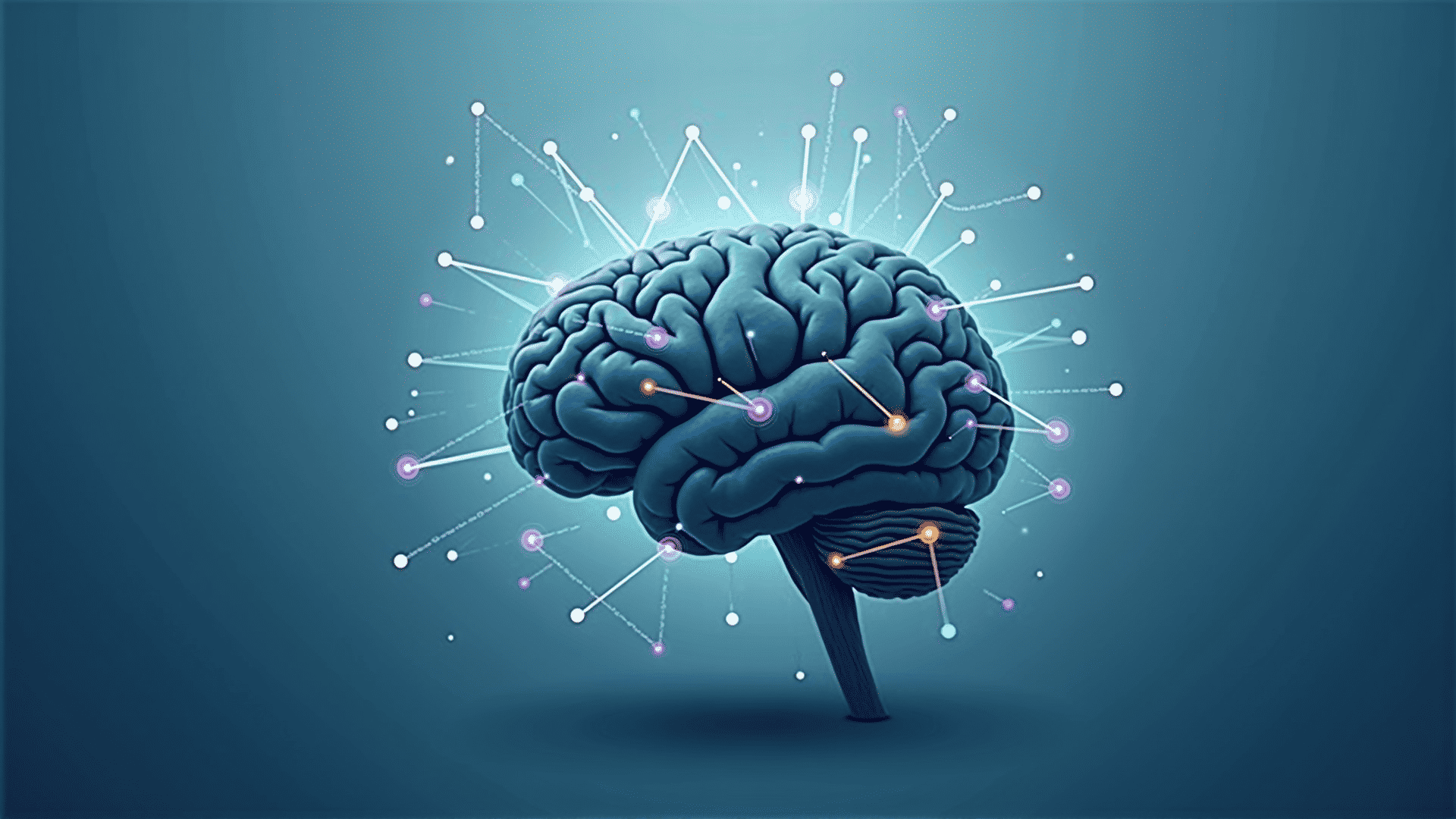In a world inundated with information, honing the ability to scrutinize data with an analytical mind is indispensable. Critical thinking is not just about what you think but how you think. This invaluable skill involves a disciplined process of actively conceptualizing, applying, analyzing, synthesizing, and evaluating information gathered from observation, experience, reflection, reasoning, or communication.
To cultivate this skill, one must begin by developing a questioning mindset. It's important to approach information with curiosity and skepticism, probing beneath the surface. This means questioning assumptions, discerning hidden values, evaluating evidence, and assessing the conclusions drawn. Start by asking open-ended questions: What is the source of this information? Is there any bias affecting the interpretation? Could there be alternative explanations?
Another cornerstone of sharp analytical thinking is recognizing and overcoming cognitive biases. Cognitive biases are systematic patterns of deviation from norm or rationality in judgment. Being aware of common biases such as confirmation bias, where one tends to seek out information that confirms pre-existing beliefs, can significantly enhance decision-making processes.
Building a robust foundation in logic and reasoning is also crucial. Understanding logical fallacies helps in identifying weak arguments and fallacies in reasoning, preventing errors in judgment. It is essential to differentiate between logical arguments based on evidence and those based on emotion or rhetoric.
Moreover, collaboration and discussion with others can enrich critical thinking. Engaging in dialogues with people who hold different perspectives challenges one's viewpoints and fosters a deeper understanding of complex issues. Diverse perspectives can illuminate different aspects of a problem, leading to more innovative solutions.
It is equally important to remain open-minded. The ability to change one's mind upon receiving new, valid information is a powerful aspect of a refined analytical mindset. An open-minded thinker remains receptive to evidence and resistant to dogma.
Incorporating reflection into daily routines can greatly benefit one's evaluative skills. Taking time to consider one's thought processes, decisions, and their outcomes fosters a habit of introspection that is essential for continuous improvement.
In conclusion, the skill of discerning information critically and effectively is a transformative one. It enables individuals to navigate the complexities of the modern world with informed judgment. As society evolves, the capacity to engage thoughtfully with varied information will remain a cornerstone of both personal and communal progress.
